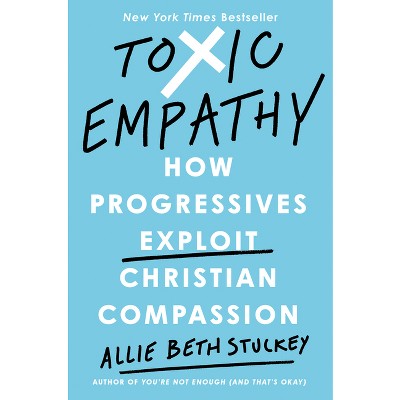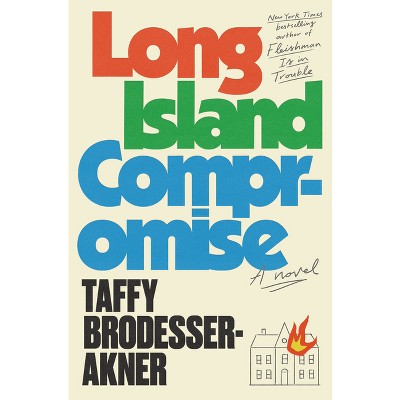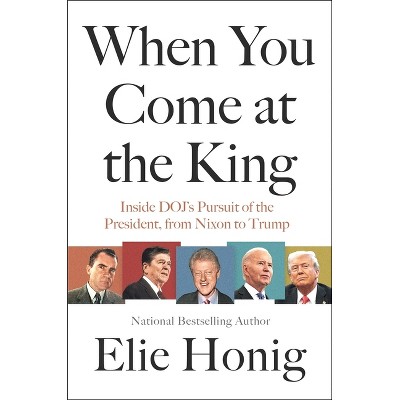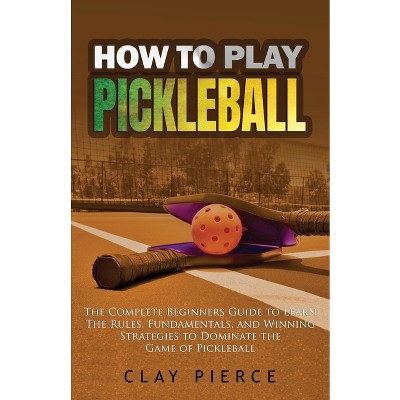The Missouri Compromise and Its Aftermath - by Robert Pierce Forbes (Paperback)

$39.95 when purchased online
Target Online store #3991
About this item
Highlights
- Robert Pierce Forbes goes behind the scenes of the crucial Missouri Compromise, the most important sectional crisis before the Civil War, to reveal the high-level deal-making, diplomacy, and deception that defused the crisis, including the central, unexpected role of President James Monroe.
- Author(s): Robert Pierce Forbes
- 384 Pages
- Political Science, History & Theory
Description
About the Book
Missouri Compromise and Its Aftermath: Slavery and the Meaning of AmericaBook Synopsis
Robert Pierce Forbes goes behind the scenes of the crucial Missouri Compromise, the most important sectional crisis before the Civil War, to reveal the high-level deal-making, diplomacy, and deception that defused the crisis, including the central, unexpected role of President James Monroe. Although Missouri was allowed to join the union with slavery, the compromise in fact closed off nearly all remaining federal territories to slavery.When Congressman James Tallmadge of New York proposed barring slavery from the new state of Missouri, he sparked the most candid discussion of slavery ever held in Congress. The southern response quenched the surge of nationalism and confidence following the War of 1812 and inaugurated a new politics of racism and reaction. The South's rigidity on slavery made it an alluring electoral target for master political strategist Martin Van Buren, who emerged as the key architect of a new Democratic Party explicitly designed to mobilize southern unity and neutralize antislavery sentiment. Forbes's analysis reveals a surprising national consensus against slavery a generation before the Civil War, which was fractured by the controversy over Missouri.
Review Quotes
"[An] exemplary study. . . . A resolutely intelligent book, provocative in its thesis, broad in its reach, patient in its execution, and sober in its judgments." -- Political Science Quarterly
"[An] impressively researched book. . . . Sure to inform future discussions of the politics of slavery, and its timely message speaks to Americans today." -- Missouri Historical Review
"A compelling case study of the centrality of slavery to early national America." -- Journal of Southern History
"An important book offering the first systematic reinterpretation of the Missouri Compromise and its aftermath in more than a generation. . . . A brilliant and an essential reconsideration of an important episode in American history. It is a work of thorough scholarship and penetrating insights." -- American Historical Review
"Certain to become essential reading on the era of good feelings and the origins of the second-party system. . . . Extremely rich and complex. . . . Important and intriguing." -- Journal of Interdisciplinary History
"Forbes's account of the sectional conflict from the time of the Missouri crisis is well written and thoroughly researched and will repay a reader's careful and thoughtful consideration." -- Journal of American History
"Forbes's analysis of the Missouri Compromise . . . is the best history of that landmark political decision for several decades." -- International History Review
"Lively and engaging . . . [Forbes] succeeds in rendering the debates the narrates vivid and dramatic." -- Register of the Kentucky Historical Review
"Part of a welcome rise in scholarly attention . . . that historians of the early Republic have until now been more inclined to acknowledge than to study. . . . Forbes has helped to call our attention squarely onto the Missouri crisis, and has offered a bracing interpretation of its course and significance." -- H-Net
"This is an important book that only begins to untangle the shifting political alliances, issues, and ideologies that sustained debates over slavery during the 1820s." -- Journal of the Early Republic
Dimensions (Overall): 9.29 Inches (H) x 6.25 Inches (W) x .9 Inches (D)
Weight: 1.23 Pounds
Suggested Age: 22 Years and Up
Number of Pages: 384
Genre: Political Science
Sub-Genre: History & Theory
Publisher: University of North Carolina Press
Format: Paperback
Author: Robert Pierce Forbes
Language: English
Street Date: September 1, 2009
TCIN: 88977997
UPC: 9780807861837
Item Number (DPCI): 247-57-0807
Origin: Made in the USA or Imported
If the item details aren’t accurate or complete, we want to know about it.
Shipping details
Estimated ship dimensions: 0.9 inches length x 6.25 inches width x 9.29 inches height
Estimated ship weight: 1.23 pounds
We regret that this item cannot be shipped to PO Boxes.
This item cannot be shipped to the following locations: American Samoa (see also separate entry under AS), Guam (see also separate entry under GU), Northern Mariana Islands, Puerto Rico (see also separate entry under PR), United States Minor Outlying Islands, Virgin Islands, U.S., APO/FPO
Return details
This item can be returned to any Target store or Target.com.
This item must be returned within 90 days of the date it was purchased in store, shipped, delivered by a Shipt shopper, or made ready for pickup.
See the return policy for complete information.
Trending Current Affairs & Politics

Highly rated
$13.99 - $23.05
MSRP $25.00 - $40.00
Buy 2, get 1 free select books, movies, music & Funko
4.4 out of 5 stars with 197 ratings

Highly rated
$7.31
MSRP $7.99
Buy 2, get 1 free select books, movies, music & Funko
5 out of 5 stars with 16 ratings

$18.29
MSRP $19.99
Buy 2, get 1 free select books, movies, music & Funko
5 out of 5 stars with 2 ratings

$17.34
MSRP $30.00
Buy 2, get 1 free select books, movies, music & Funko
5 out of 5 stars with 3 ratings

$15.99
MSRP $27.00
Buy 2, get 1 free select books, movies, music & Funko
3.9 out of 5 stars with 11 ratings
Discover more options

$14.25 - $16.63
MSRP $19.00 - $30.00
Buy 2, get 1 free select books, movies, music & Funko
5 out of 5 stars with 1 ratings





